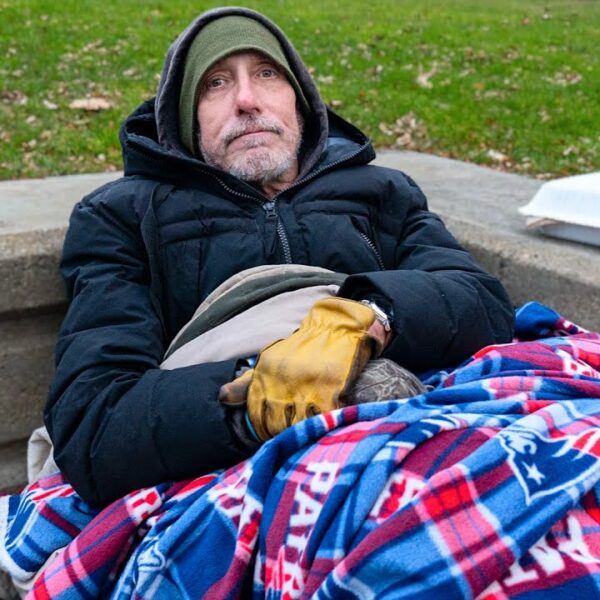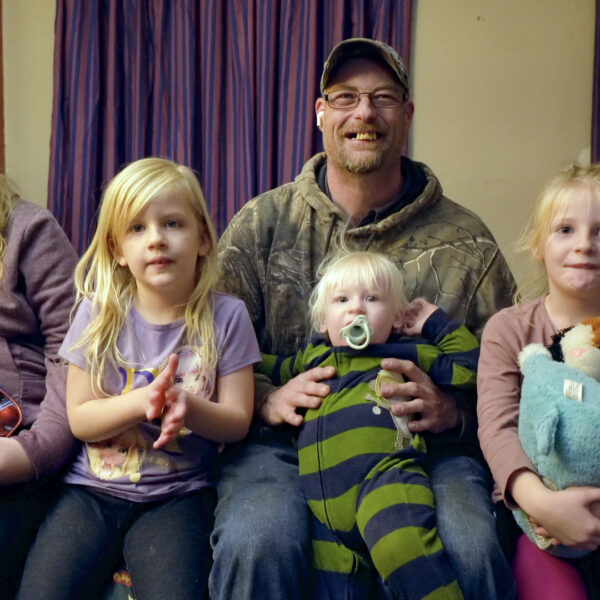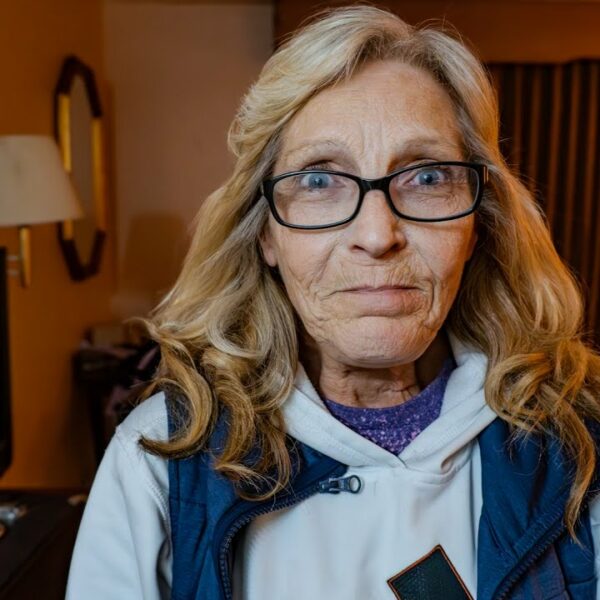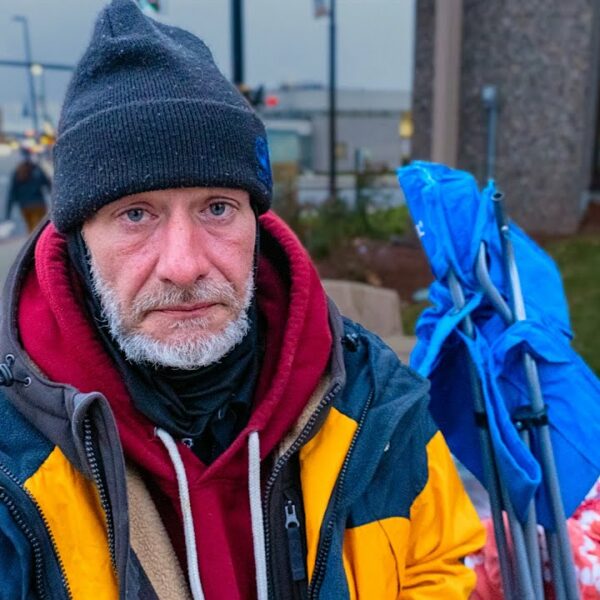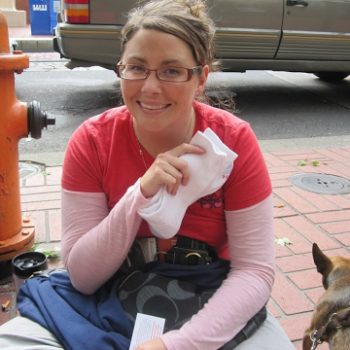More than 1,300 people who moved into Multnomah County’s supportive housing services remained housed a year later despite the agency facing challenges from funding and staffing shortages, according to a report from the county’s Joint Office of Homeless Services.
The number of individuals that JOHS housed between July 2021 and July 2022 represents a 99% housing retention rate. The results come when JOHS plans to increase its number of housing placements to 2,000 by 2030 amid other disagreements about local homelessness policies.
“While this data is preliminary, it fills me with hope that this funding will end homelessness for many of our most vulnerable community members over the 10-year span of this measure,” JOHS Director Daniel Field wrote in the report.
Portland, Oregon, and Multnomah County officials created JOHS seven years ago to address the area’s increasing rates of homelessness. However, the area’s rising cost of living and internal flaws within JOHS have hampered the agency’s work, Oregon Public Broadcasting reported in August.
As of October 2023, Multnomah County’s median home price was up 3% to $515,000, while Portland’s median price was up nearly 4% to $549,000, according to Realtor.com.
That means a single homebuyer would need to earn a salary of at least $112,000 to avoid becoming cost-burdened by an estimated $2,800 monthly mortgage payment on a median-priced home in the area, according to Bankrate.com’s mortgage calculator, which assumes a 20% down payment and a mid-6% interest rate. However, according to the Census Bureau, Multnomah County’s median household income was just $76,290 as of 2022.
The disconnect between home prices and the area’s median household income could also explain the rising cases of homelessness in Multnomah County and Portland. The 2023 point-in-time count recorded 6,297 people experiencing homelessness across the county, up from 5,228 in 2022. That happened even though rents fell by 13% year-over-year to $1,295 per month, according to Zumper.
Portland’s rising cost of living has also made it more difficult for people working in homeless services to live nearby, which is causing staffing challenges across the board, Field said. It’s also proved to be challenging for JOHS itself, which underspent its budget by roughly $42 million in fiscal year 2023 because of workforce challenges, he added.
Field said JOHS is taking two routes to address the funding and workforce issues. First, the agency partnered with Metro to address the spending gap. JOHS is also finalizing $10 million in grants to help service address their organizational health and capacity, he added.
“While we have room to improve and grow, I’m hopeful that we can deliver what we’ve promised: providing housing and emergency services to thousands of Oregonians, making a difference in the crisis we’re seeing today,” Field said.
However, other issues within Multnomah County could threaten the future success of its homeless services.
Multnomah County’s efforts to rapidly rehouse a large encampment in Old Town fell short of its goal of housing 300 people by May. The county was able to house 18 people between late June and the first week of October, Oregon Live reported.
Multnomah County District Attorney Mike Schmidt is also reportedly concerned about his role in enforcing Portland’s daytime camping ban, local news station KGW8 reported. A judge issued a temporary hold on enforcing the law in early November after several homeless folks filed a class action lawsuit against the city seeking to overturn the ordinance.
Portland Mayor Ted Wheeler defended the ordinance by saying, “The status quo is not working, but the Court’s decision leaves the status quo in place.”
“The City will abide by the Court’s preliminary order while continuing to fight in court for the City’s right to adopt reasonable regulations on unsanctioned camping,” Wheeler added.
Enforcement of Portland’s camping ban was supposed to begin on November 13. No trial date has been set yet for the class action lawsuit.
How You Can Help
Now is not the time to be silent about homelessness in Oregon or anywhere else. Unhoused people deserve safe and sanitary housing just as much as those who can afford rent or mortgage.
Poverty and homelessness are both policy choices, not personal failures. That’s why we need you to contact your officials and tell them you support legislation that:
- Streamlines the development of affordable housing
- Reduces barriers for people experiencing homelessness to enter permanent housing
- Bolsters government response to homelessness
Together, we can end homelessness.



